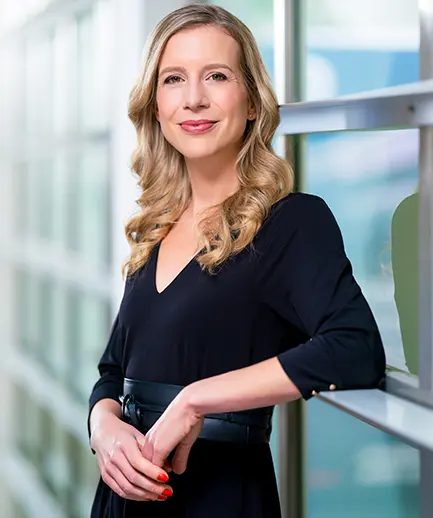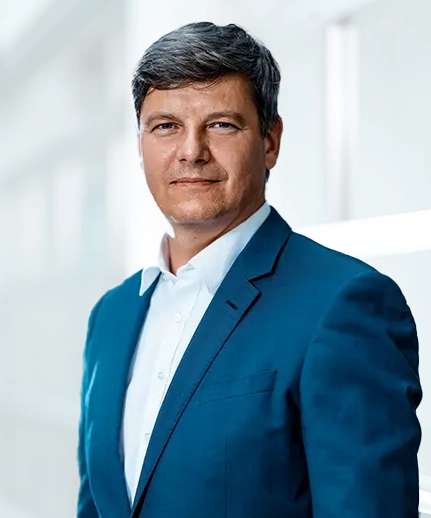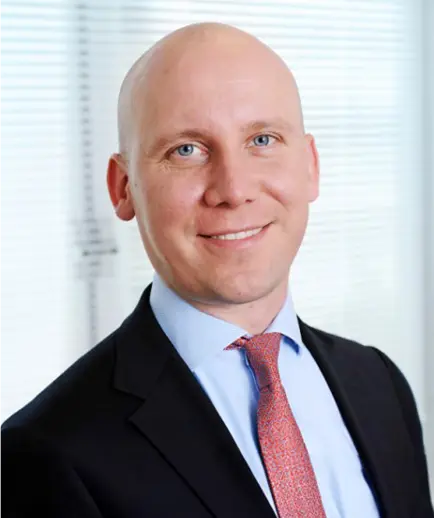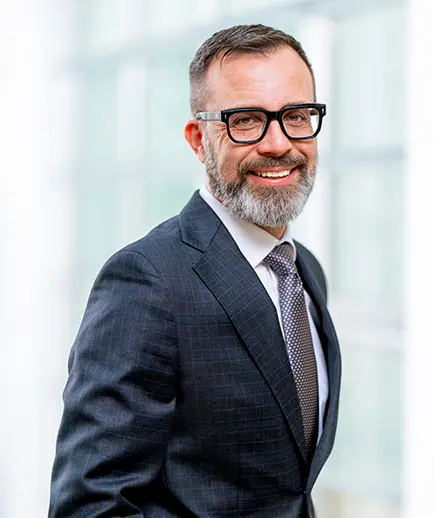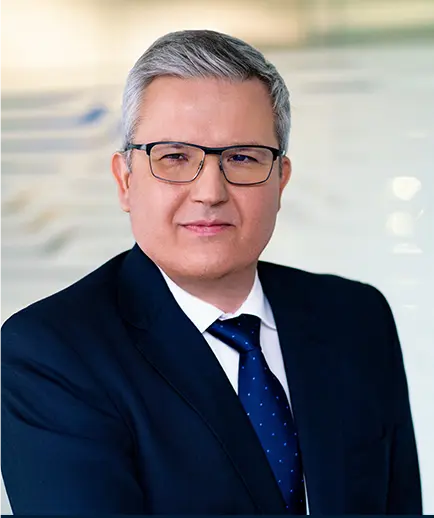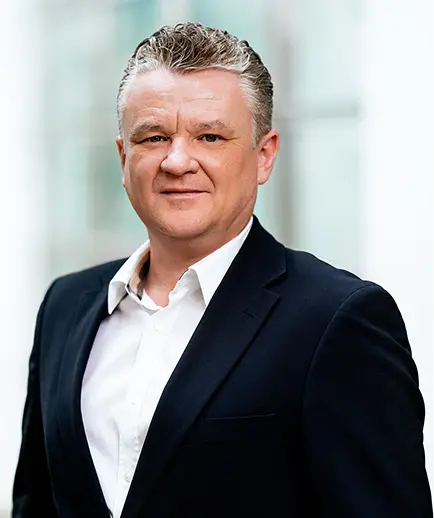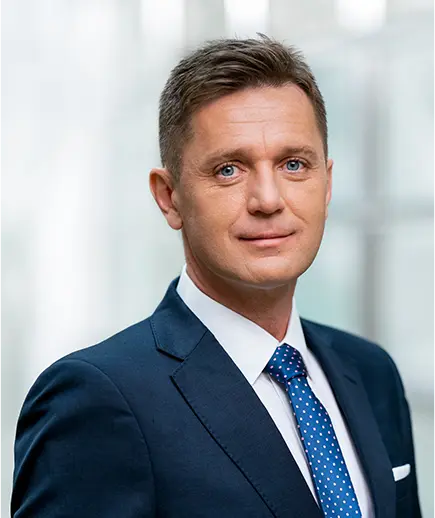TA3 Investment Conference: Energy of the Future
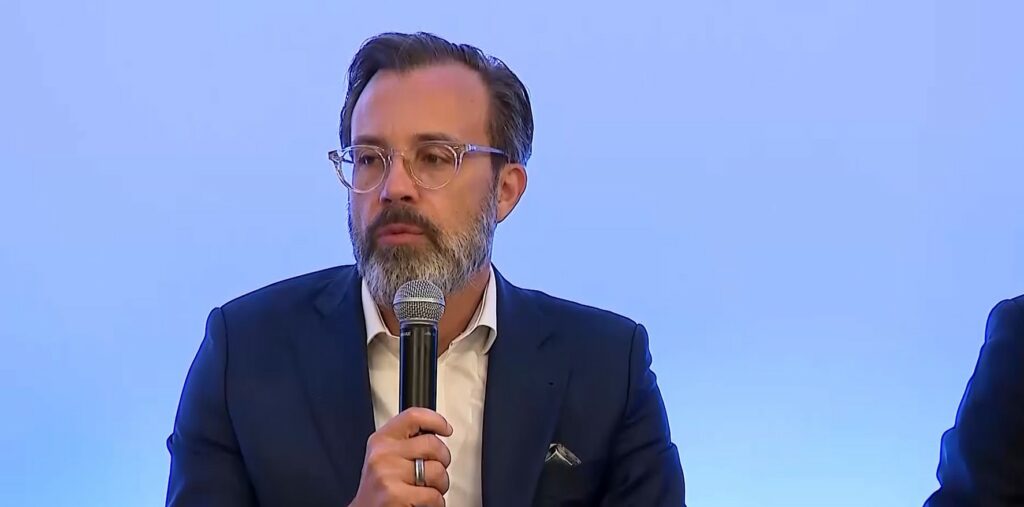
At the “Energy of the Future” conference, hosted by Slovak television TA3 on 25 May 2025, leading energy experts gathered to discuss the outlook for energy prices, energy investment, and energy security across the EU. Martin Pacovský, Chief Investment Officer at ARETE for the ENERGY TRANSITION strategy, was a guest speaker in the opening panel discussion. In his remarks, he focused on two key points: Why he sees natural gas as a critical component of modern energy generation Why investing in flexibility within the energy grid is essential You can watch the full recording of the panel discussion here: Investiční konference TA3 Energie budoucnosti The new ARETE ENERGY TRANSITION fund is built, among other things, on investments in flexible energy sources. The fund will primarily invest in flexible electricity and heat generation based on natural gas, with additional allocations to battery storage systems and renewable energy projects, especially across Central and Western European markets. Over the next four years, the ARETE ENERGY TRANSITION fund plans to invest CZK 5 billion, targeting an annual return of 11–12%.
Europe’s Energy Transition: An Opportunity for Smart Investors
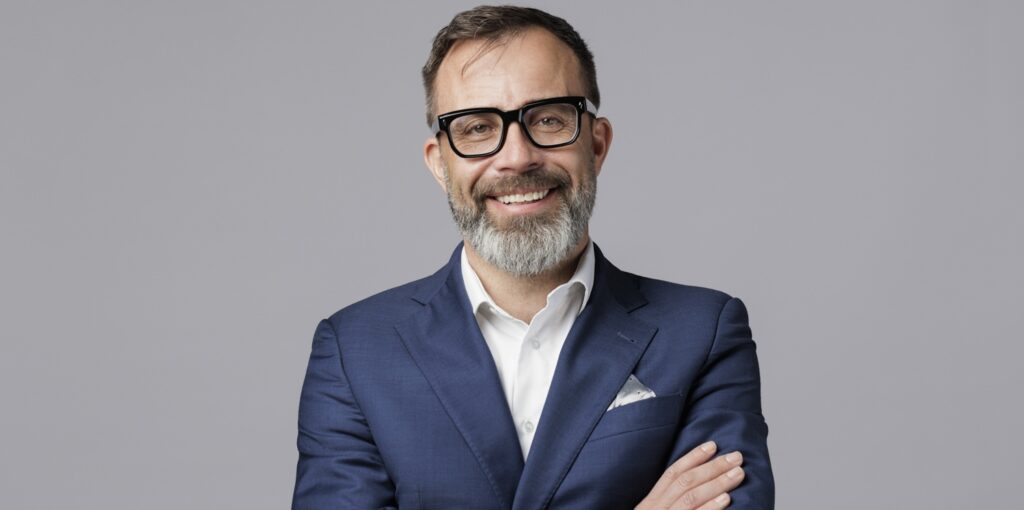
Europe’s energy sector is undergoing a transformation, and investors are seeking new ways to grow their capital. In the latest issue of Euro weekly, Martin Pacovský, Chief Investment Officer for the Energy Transition strategy at ARETE, explains why flexibility is key. The rapid growth of renewable energy brings both opportunities and challenges — especially when it is not supported by flexible generation capacities and battery storage. Without these, the profitability of energy investments and the stability of supply decrease. At ARETE, we are preparing to launch the new ARETE Energy Transition Fund, targeting a combination of renewable energy, flexible generation, and battery storage projects across the EU. The fund aims for a stable annual return of 11–12% and plans to invest over CZK 5 billion in its initial phase. It will be open to qualified investors, with investments starting this May. A key point is that the fund will not focus solely on production volume but on the ability of projects to adapt smartly to changing market conditions. Flexibility has now become the primary driver of predictable cash flow and efficient returns in the energy sector.
Where to Invest in 2025? Insights from ARETE’s Co-Founder
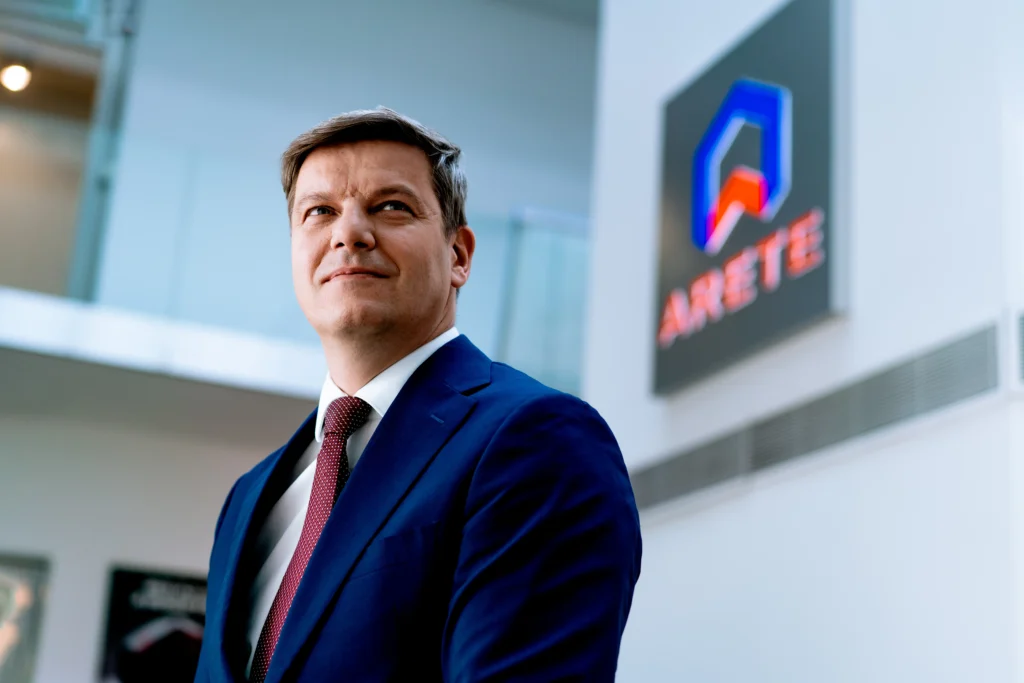
In an exclusive interview with Euro magazine, Lubor Svoboda, co-founder of ARETE investment and real estate group, shares his perspective on the shifting dynamics of the global investment landscape. Lubor explains how diversified strategies including real estate and energy transition can help investors navigate challenges like inflation, regulatory pressures, and geopolitical shifts. Key takeaways: – Real estate remains a “safe haven” with stable, inflation-proof returns, while energy transition offers higher yields for those willing to navigate regulatory complexities. – The importance of diversification: “A well-balanced mix of stocks, bonds with ratings, and real estate can ensure long-term growth.” – What lies ahead? The evolving demand for energy and robust investments in renewables present an unparalleled opportunity for forward-looking investors. Curious to learn more? The full interview is available in the weekly magazine Euro published on 13 January 2025, or here:
We are entering the energy transition business
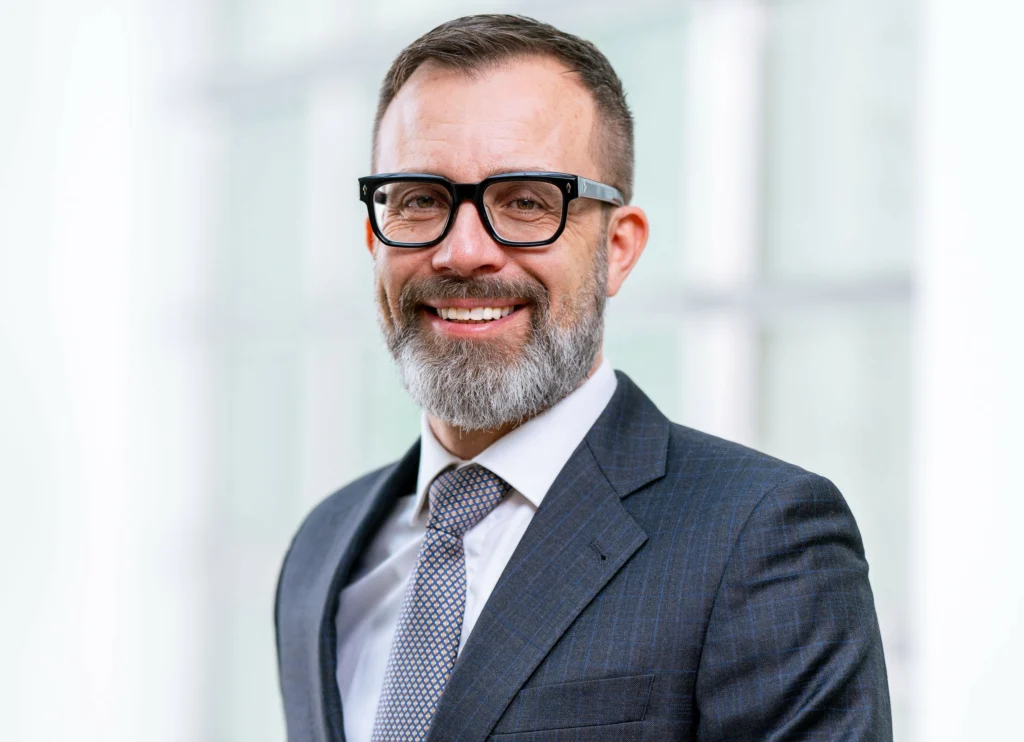
Martin Pacovský, a prominent figure in the Czech energy industry and a former director of Pražská plynárenská, who also had a long tenure at ČEZ, introduces his latest project with the investment group ARETE in an interview for Hospodářské noviny. Currently, Martin oversees the Energy Transition strategy at ARETE, focusing on investments in energy transition, specifically renewable energy projects and flexible power generation solutions primarily in Western Europe and in the Balkans. Martin’s extensive prior experience are within energy transition sector, such as the construction of wind farms in Romania, and energy production from gas. These make him ideally suited to lead our infrastructure and energy acquisitions. The targeted investments include renewable energy sources, large-capacity batteries, and gas-powered electricity generation to balance the grid during periods of low renewable production. As part of this strategy, we plan to create small energy hubs within our industrial parks, allowing us to efficiently manage energy consumption within the park and trade the generated electricity externally. Our approach emphasizes precise weather forecasting, mathematical modeling, as well as data analysis and positions us well to take advantage of the transitioning infrastructure industry. You can find the interview with Martin here.
Former Head of Pražská Plynárenská Building an Investment Strategy in Energy Transition with Arete
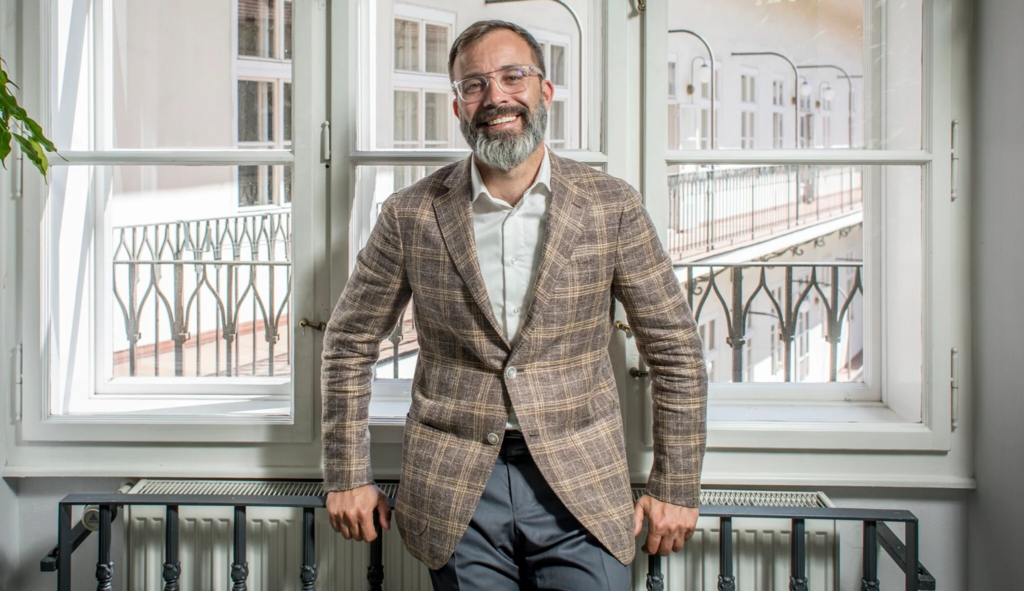
In an interview with Forbes magazine, Martin Pacovský introduces his role in the investment group Arete, where he has been working since April. The new investment strategy, Arete Energy Transition, which Martin leads, focuses on investments in energy transition. The fifty-one-year-old manager brings his experience in the energy sector to this project, while Arete contributes its investment know-how and a database of qualified investors. The newly prepared platform in the form of a fund will primarily invest in wind, solar, and gas power plants, including battery storage. Martin’s primary task will be to seek investment opportunities in the energy sector across Europe, with current interests in locations such as Spain, Germany, and Poland. What was also mentioned in the interview: “I think now is the best time to invest in energy. Uncertainty has entered the market, and it is this uncertainty that brings the most interesting investment opportunities.” You can read the full interview here.
It’s a good time to look at energy with completely new eyes
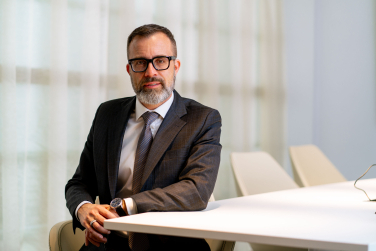
Martin Pacovský, the Chief Investment Officer of the newly established ARETE ENERGY TRANSITION fund focused on energy investments, was the first guest on the “Vysoké napětí (High Voltage)” podcast in June. He discussed the future of energy, the future of gas, the energy self-sufficiency of the Czech Republic, and the challenges of investing in the energy sector with Vladimír Piskáček and Michal Půr. Do you know how to invest in energy? According to Martin Pacovský, these investments will require working with data. In the future, we can expect a shift in energy sector towards “kind of” stock exchange trading, and those who have good analytical skills, understand data, and can predict consumption and production in the span of days will win. This also applies to investments in various renewable resources. Standalone investments in photovoltaics today do not have a positive return, and the energy sector and investments in this area operate differently than in the past. Owners of photovoltaic power plants without PPA (long-term power purchase agreements for renewable energy at a fixed or indexed price) optimize production based on weather predictions or capacity market forecasts. For instance, they deliberately do not produce or produce 20% less energy and sell this unproduced capacity on the deviation market. They arbitrage between different markets based on their demand and supply forecasts. It’s no longer enough to have a power plant connected to the grid and produce energy when the sun shines. One must have a mathematical model and analysis over their business model and know when, where, and to whom to sell the produced energy. In the show, you will also learn how Martin views the energy self-sufficiency of the Czech Republic and the future of gas. You can listen to the entire podcast here: https://youtu.be/rMf1NGvtRcw

